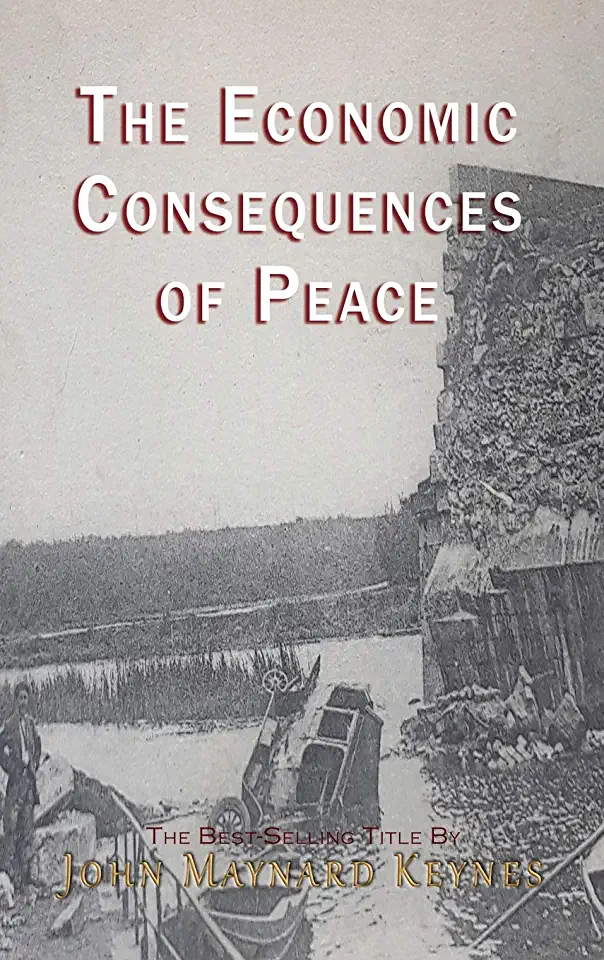
The Economic Consequences of the Peace - John Maynard Keynes
The Economic Consequences of the Peace
A Masterpiece of Economic Analysis and Historical Insight
In his seminal work, "The Economic Consequences of the Peace," John Maynard Keynes offers a profound and incisive analysis of the economic and political ramifications of the Treaty of Versailles, which was signed in 1919 to conclude World War I. With remarkable foresight and eloquence, Keynes argues that the harsh and punitive terms imposed on Germany would have devastating consequences for Europe and the world.
A Profound Critique of the Treaty of Versailles
Keynes meticulously dissects the treaty, exposing its flaws and shortsightedness. He contends that the reparations demanded from Germany were excessive and unrealistic, and that the territorial adjustments made in Europe were arbitrary and unjust. These provisions, he argues, would cripple Germany's economy, breed resentment among its people, and ultimately lead to renewed conflict.
The Devastating Impact on Europe
Keynes's analysis proved to be prophetic. The harsh terms of the treaty did indeed have disastrous consequences for Europe. Germany's economy was plunged into chaos, leading to hyperinflation and widespread poverty. The resentment felt by the German people fueled the rise of Adolf Hitler and the Nazi Party, ultimately culminating in World War II.
A Timeless Warning against Economic Nationalism
Keynes's work serves as a timeless warning against the dangers of economic nationalism and the pursuit of short-sighted policies. He argues that economic prosperity can only be achieved through cooperation and mutual understanding among nations, rather than through punitive measures and the imposition of harsh conditions.
A Must-Read for Economists, Historians, and Policymakers
"The Economic Consequences of the Peace" remains a seminal work in the fields of economics, history, and international relations. Its insights are as relevant today as they were when the book was first published, and it continues to be a must-read for economists, historians, policymakers, and anyone interested in understanding the complex interplay between economics and politics.
A Powerful Indictment of the Treaty of Versailles
Keynes's critique of the Treaty of Versailles is devastating. He argues that the treaty was not only unjust and impractical, but also self-defeating. By impoverishing Germany, the treaty sowed the seeds of future conflict and undermined the stability of Europe.
A Visionary Call for International Cooperation
Keynes's work is not merely a critique of the past, but also a visionary call for international cooperation and understanding. He argues that the only way to prevent future wars is to build a more just and equitable world order, based on the principles of free trade, economic cooperation, and the peaceful resolution of disputes.
A Classic of Economic Thought
"The Economic Consequences of the Peace" is a classic of economic thought that has stood the test of time. Its insights are as relevant today as they were when the book was first published, and it continues to be a must-read for anyone interested in understanding the complex relationship between economics and politics.